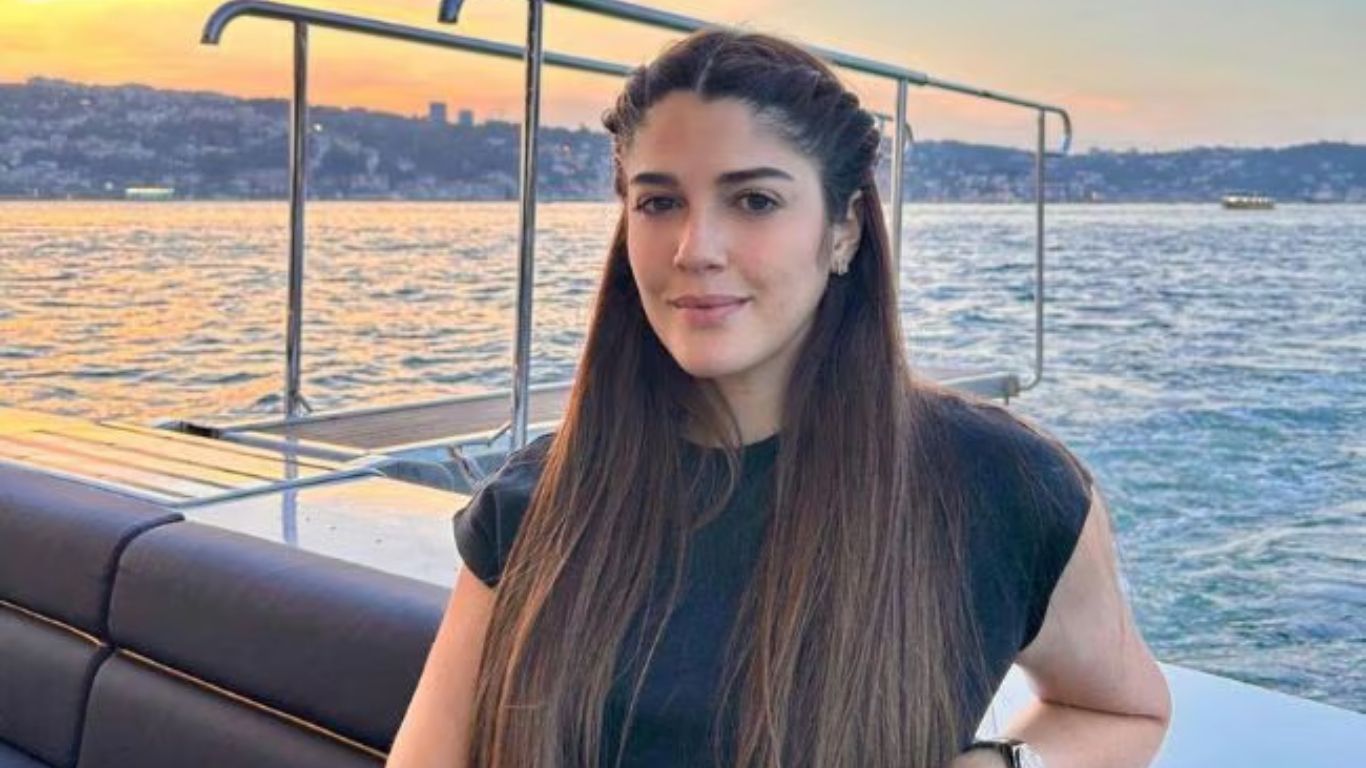The Backlash, The Ban, and The Bigger Picture
“Dirty.” “Perverted mind.” “Disgusting.” These aren’t the words of outraged netizens or an angry mob. They came straight from India’s Supreme Court, a body that usually concerns itself with weightier matters—like constitutional crises or landmark verdicts. But this time, the country’s top judges were speaking about a YouTuber. Yes, a content creator.
The controversy erupted when Ranveer Allahbadia, better known as BeerBiceps to his eight million YouTube followers, asked a contestant on India’s Got Latent a question so crude it makes late-night comedy look tame: Would you rather watch your parents have sex every day for the rest of your life or join in once and stop it forever? That single sentence sent the country into a moral panic.
What followed was predictable—police complaints, death threats, furious TV debates, and eventually, a Supreme Court intervention. YouTube promptly removed the episode, Allahbadia apologized, and the show’s creator, Samay Raina, took down all previous episodes. But the court went a step further—it banned Allahbadia from posting anything on social media, effectively silencing one of India’s biggest online voices.
So, what’s really going on here? Is this about protecting morality, or is something more insidious at play?
When the State Plays Morality Police
“Crass content can be criticized, but you can’t throw people in jail for offending someone’s ‘moral sentiments,’” opposition lawmaker Saket Gokhale pointed out. It’s a simple truth. Offensive? Sure. Illegal? That’s another debate altogether.
And yet, here we are—witnessing a YouTuber dragged to court, his content erased, and his career put on hold, all because of a tasteless joke. Meanwhile, India’s obscenity laws, vague and selectively enforced, continue to hover like a guillotine over content creators.
Take comedian Vir Das, for example. He dared to joke about India’s contradictions, and next thing you know, lawsuits started flying. When an artist offends the powerful, the state suddenly finds itself deeply concerned about public decency. But when real crimes—violence, corruption, hate speech—go unchecked, the outrage is nowhere to be found.
This selective outrage isn’t an accident; it’s a strategy.
The Internet’s Double-Edged Sword
There’s no doubt digital creators are under pressure to keep pushing limits. Edgy, shocking, controversial—this is the currency of virality. But this isn’t just about one bad joke. It’s about the growing clash between entertainment and authority.
Allahbadia’s show, launched in June, quickly gained a following. Millions tuned in, not for highbrow debates but for raw, unfiltered humor. Some found it hilarious, others called it misogynistic and crude. Either way, it was popular. That was until one line crossed an invisible boundary set by the very audience that lapped up the content in the first place.
Ironically, the same question that got Allahbadia into trouble was previously asked on an Australian show, OG Crew’s Truth or Drink. Over there, it barely raised an eyebrow. But in India, it triggered a national scandal. Why? Because context matters. Culture matters. What’s “just a joke” in one place can be blasphemy elsewhere.
And this is where the real danger lies—when outrage becomes law.
A Convenient Distraction?
Let’s not be naive. This case isn’t just about YouTube, or free speech, or even public decency. It’s about control. It’s about who gets to speak and who gets silenced. And more often than not, it’s the state deciding.
Notice how conveniently this controversy exploded right when India was grappling with real issues—unemployment, pollution, a struggling economy. But instead of heated debates about job creation or environmental reform, the headlines were fixated on a YouTuber’s crude joke.
Meanwhile, reports emerged that the government was considering tightening laws on digital content. More censorship, more regulations, more ways to clamp down on voices that don’t toe the line. The Supreme Court’s sudden interest in “cleaning up” the internet starts to look a lot less like justice and a lot more like control.
Where Does This End?
The digital world is messy. It’s chaotic. But the solution isn’t state-sanctioned censorship. If offensive content exists, let the audience reject it. If YouTubers cross ethical lines, let viewers unsubscribe. But when governments start deciding what can and can’t be said, we all lose.
For now, Allahbadia is banned from social media. His career hangs in limbo. And the message is clear: speak carefully, or you might be next.
But ask yourself—who really wins in this story? The public, who now have “cleaner” content? Or the powerful, who just gained another tool to silence dissent?
That’s the real question. And it’s far more offensive than any joke could ever be.




